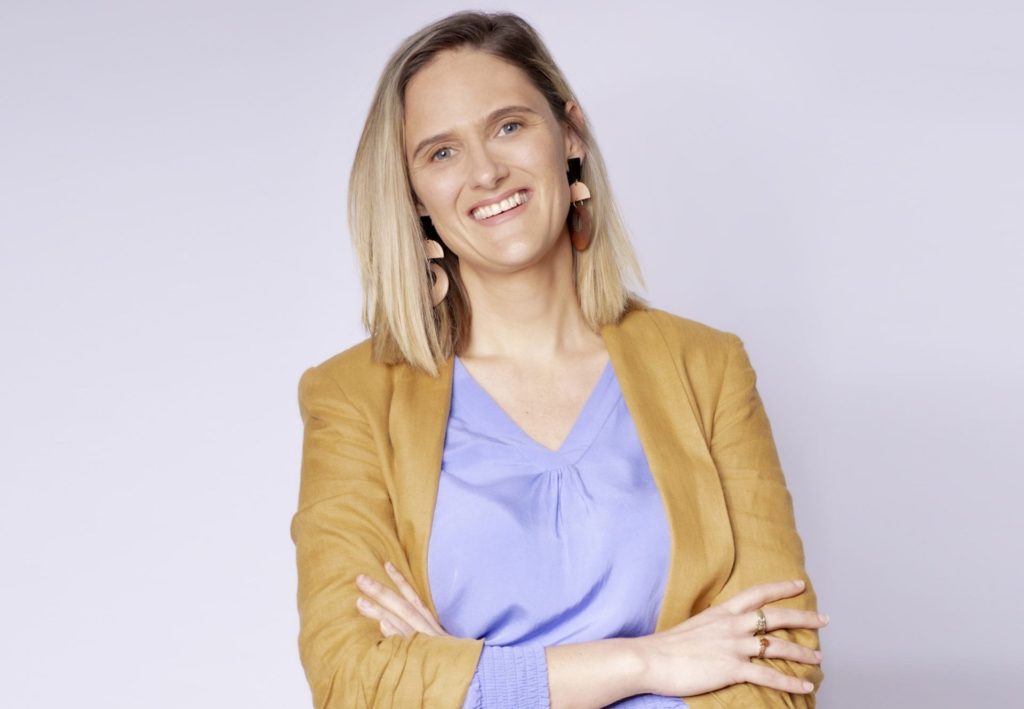Sadly, as a super fund tailored for women, our team has received dozens of similar emails over the past week.
We know that the people in our community who will be most economically impacted by COVID-19, are those who are already the most marginalised. And this means women.
Women are over-represented in industries reliant on casual workers; women are more likely to work in industries exposed to the COVID-19- economic slump – including retail where women make up 57.7 per cent of all workers; and women have an overall lower net wealth than men to provide support in this moment of economic shock.
In particular women of colour, women with disabilities, young women and the elderly are likely to face greater additional challenges during this time.
So I felt mixed emotions when the Morrison Government announced that some Australians will be able to access their super due to COIVD-19.
On one hand, it is relieving to know that women like Laura will have access to cash to be able to meet their basic needs in the weeks and months ahead.
Yet, it’s upsetting that Australians are being asked to choose between financial hardship now or the potential of financial hardship in retirement. A decision that’s particularly difficult for women, when we already retire with an average of 47 percent less super than men.
So, if you or someone you know is facing financial hardship now, and not sure what to do, here are some tips to understand whether you are eligible to access your super, and how to think through the decision.
What is really on offer and for who?
Under the new policy, from mid-April, Australians will be allowed to access up to $10,000 from their superannuation this financial year, and another $10,000 next financial year.
To be eligible, the person applying must have had their working hours reduced by 20 per cent or more, or be sole traders whose turnover has fallen by at least 20 per cent.
Australians who are unemployed, or eligible for a job seeker benefit, parenting payment, youth allowance or farm household allowance are also eligible.
The $120,000 retirement warning, and why it’s important to think this decision through
It is likely that the COVID-19 crisis will last for several months — yet most of us will spend decades living off our retirement savings.
So it’s important to look at the true cost of withdrawing your super early.
For a 40 year old who withdraws $20,000 today, they could lose $63,000 from their superannuation balance by the time they retire.
For a 30 year old who withdraws $20,000 today, they could lose $100,000.
For a 20 year old who withdraws $20,000 today, they could lose $120,000.
Those numbers may seem extreme, but they are good estimates. The power of ‘compound interest’ means that when small amounts of money are invested today, they can grow significantly over time.
Taking super out now also means cashing out on investments during a stock market crash, when the price of stocks are down a third since last month. It’s like selling your house when the property market is near the bottom.
And history shows that, over the long-term, the stock market has been able to recover from these moments and go back up — through war, pandemics, depressions and recessions, it has successfully rebounded.
What to consider before making your decision
For many, accessing super now will be a saviour. For people like Laura, it may mean the difference between extreme hardship verses being able to maintain a comfortable standard of living.
However, many people who experience a loss of income due to COIVD-19, will still be able to maintain a basic standard of living, by using existing savings and government support, without withdrawing superannuation.
The best place to start when financial circumstances change is with a budget. Work through how your expenses have changed, or could be further reduced, over the coming months and include any income or government assistance that you are eligible for.
Then hit the phones, or email, and negotiate to reduce expenses.
Call the bank — most banks are offering up to a six month ‘pause’ on their home loans, and pauses on other debts (like credit cards)
Call utility providers and telcos — they can offer payment plans.
Contact landlords — the Government has announced they’ll be unable to evict renters due to financial difficulty during the corona crisis.
Cancel any subscriptions or other non-essential expenditure.
It may still be difficult to make-ends-meet and there may still be a gap between the income and savings accessible and the expenses due. However, this gap may be less than $20,000. There is no requirement to withdraw the full $20,000, this gives people the option to withdraw only what they need to get by during this crisis period.
In the instance that withdrawing superannuation early is the only option, consider making a plan to repay “future-you” when the financial situation improves. Consider how long this will take and what measures are available to make additional contributions to superannuation — for example, making personal contributions for salary sacrificing above the 9.5% superannuation guarantee employer payments.
Finally, these can be challenging decisions to make alone and seeking personal financial advice is recommended.
These are tough times for many in our community. You are not alone, and you will get through this.
Christina Hobbs is the CEO and Co-Founder of Verve, Australia’s first superannuation fund for women.
Any advice in this article is general in nature and has not taken into account your personal objectives, financial situation or needs. Consider whether this advice is right for you. You may need to seek advice from a qualified financial adviser.
You can access free financial counseling via the National Debt Hotline on 1800 007 007.


